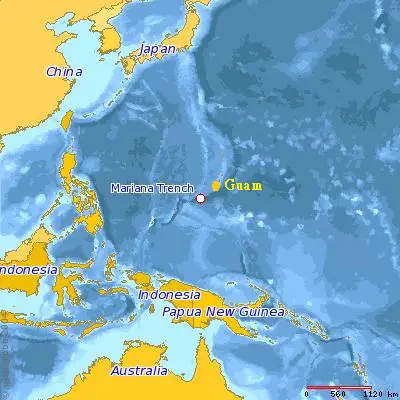This approach has become unacceptable and must be changed, according to IUMI.
The union said the motor and aviation sectors are positive examples of how the supply system works more effectively.
Governments have agreed to compel the use of certain grades of fuel for ships; they should now equally recognize it is time to oblige the refineries to do the testing – not the end user.
Refiners have argued this can be done but will be more expensive. This claim should be balanced against the cost of filtration systems and scrubbers across the world fleet, the cost of engine repairs, the increased risk of a consequent collision and pollution and by no means least, the cost of delay in deliveries, IUMI explained.
As informed, there are potential third-party safety risks as the new blends of fuels have variable properties which are not standardized — different viscosity, flash points and pour points, meaning not only is performance unpredictable, they cannot be safely mixed with other new blends of fuels. The inevitable result will be more claims as a result of combustion problems.
At the 100th session of the International Maritime Organization’s (IMO) Maritime Safety Committee (MSC), meeting discussions on fuel quality and safety were high on the agenda. Poor fuel quality is a problem which affects many stakeholders in the supply chain.
The contamination incident which occurred in the United States Gulf ports in the summer highlighted that biofuels are not properly catered for under the International Organization for Standardization (ISO) standard 8217. They fall, at best, under the stipulation that fuels should be fit for purpose.
At least 100 ships are believed to have been affected by their supplied biodiesel fuel which contained added substances, namely fatty acid methyl esters (FAME). In many cases, this adversely affected the performance of the machinery.
Biofuel contamination shares a commonality with fuel containing too many deliberately introduced catalytic (cat) fines – in both cases, the fuel supplied is unfit for use. In the case of cat fines, the fuel is known in advance to be unusable as supplied, whereas with biofuels, deficiencies only manifest in use. If fuels are unfit, in contravention to the requirements of MARPOL Annex 6, the validity of marine insurance cover may be called into question where ships are rendered unseaworthy.
“If no remedial action is taken, there will be continued and growing expense, anticipated to be worse than the wave of cat fines claims after the SOx regulations of 2005,” IUMI pointed out.
What is more, there could be ensuing disruption to financial and social stability in a globally connected trade system. As insurance will not automatically pay for the resultant damage, the cost will inevitably be passed via the owners and charterers to the voting consumer.
Press Releases: IUMI
Photo Courtesy: IUMI
The post IUMI: Leaving Fuel Testing, Damage to End User Is Outdated appeared first on Maritime Manual.
from WordPress http://bit.ly/2CxYkIF

No comments:
Post a Comment